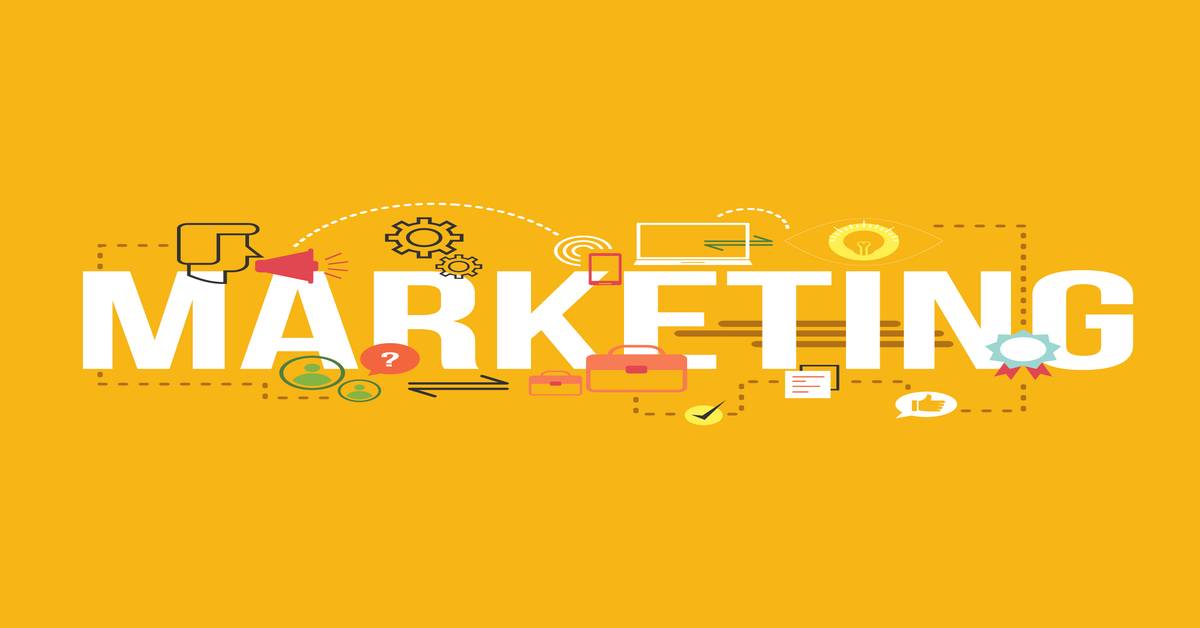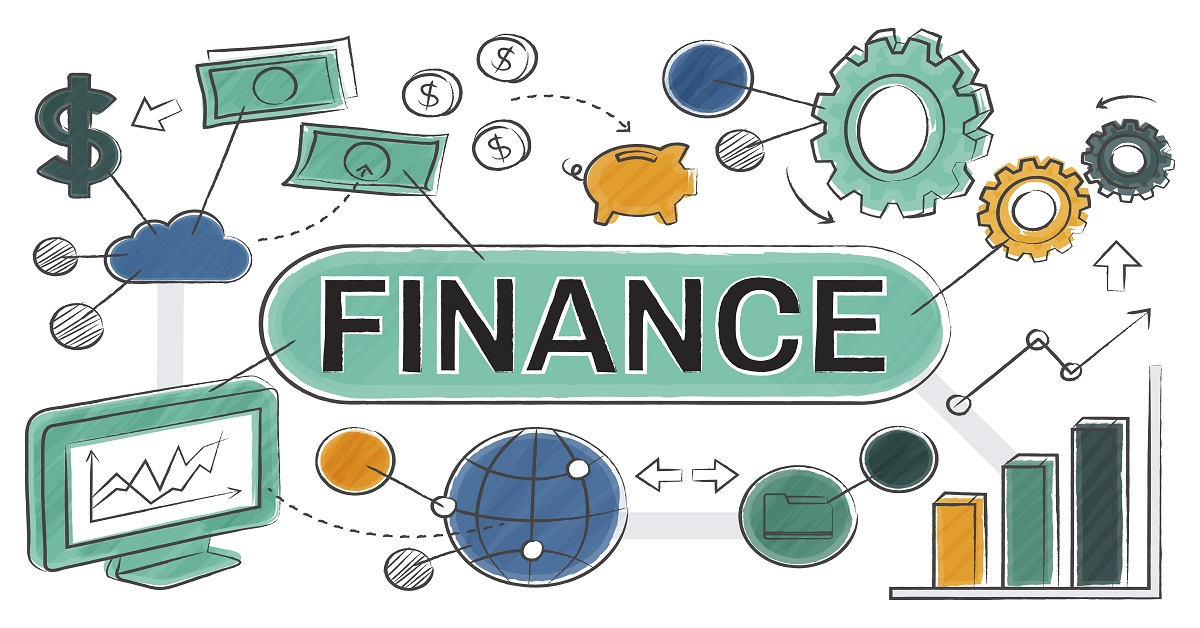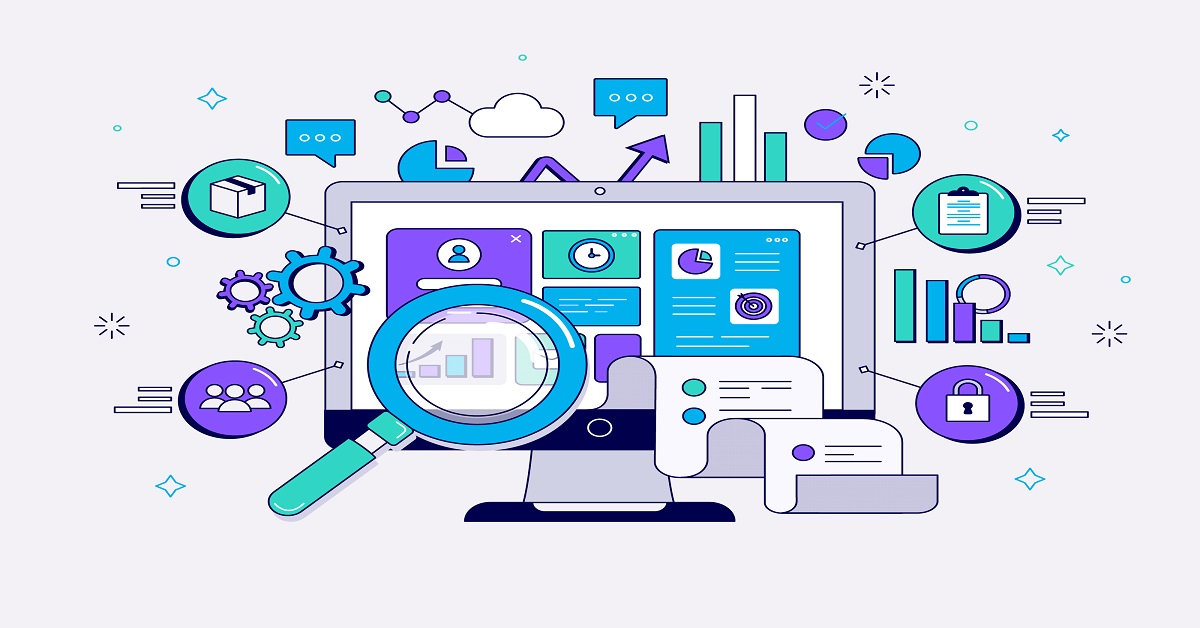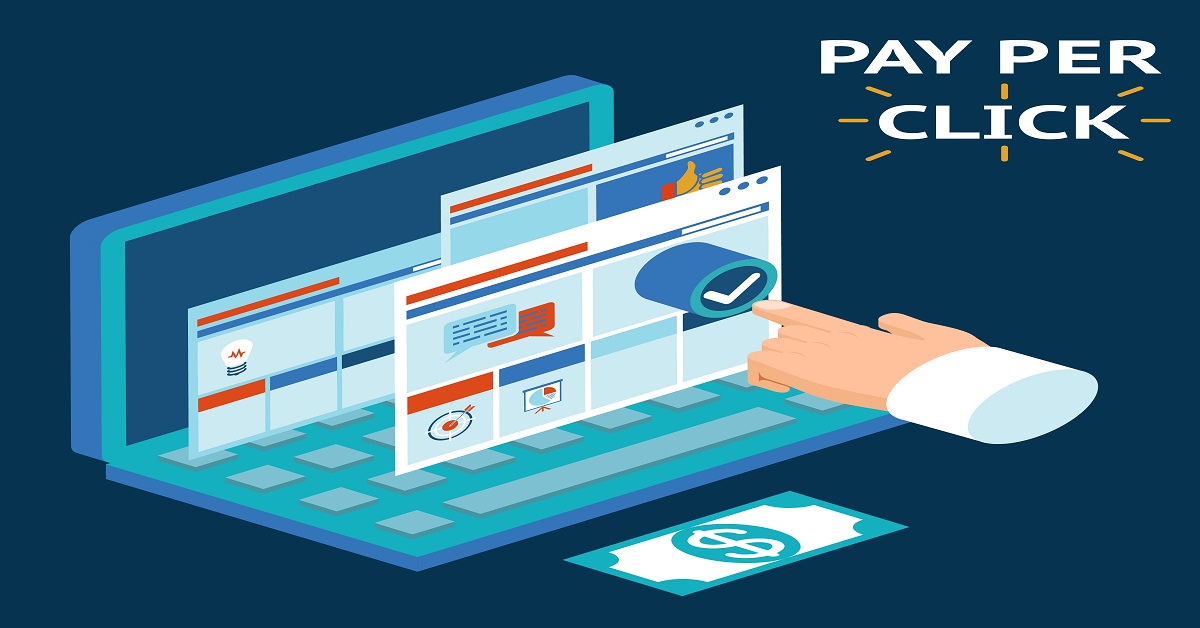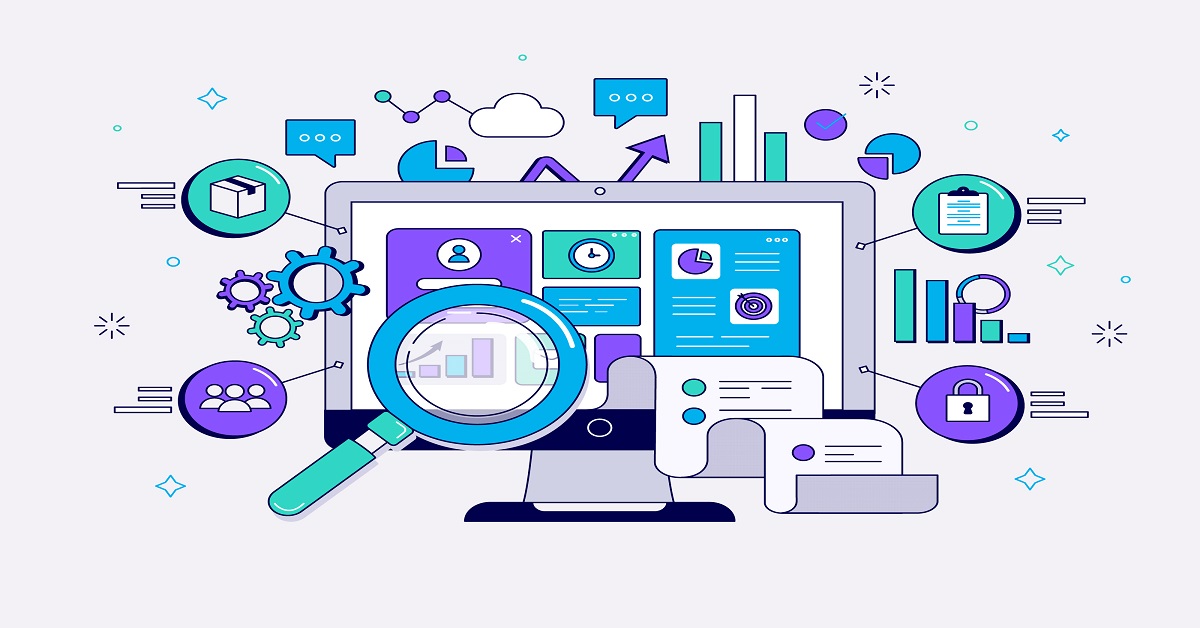Digital marketing and social media marketing are closely linked strategies used by businesses to promote products or services online, elevate brand awareness, and connect with their target audience. Achieving success in today’s business landscape often necessitates proficiency in both digital marketing and social media marketing.
These strategies work seamlessly together to maximise a company’s online presence, reach its target market effectively, and nurture brand loyalty. While digital marketing covers a broad range of online advertising, social media marketing specifically focuses on utilising social media platforms to accomplish business goals.
This comprehensive approach integrates techniques like search engine optimisation (SEO), content marketing, paid advertising, email marketing, and social media management. In a world rapidly embracing technology and relying more on digital platforms, mastering these skills is crucial for businesses to remain competitive and connect with a global customer base.
Benefits Of Digital Marketing
Digital marketing has transformed the way businesses promote their products and services. With the enormous growth of social media platforms and the increasing number of internet users, implementing an effective digital marketing strategy has become essential for businesses of all sizes. Let’s delve into the key benefits of digital marketing.
Increased Brand Awareness
One major advantage of digital marketing is its ability to boost brand awareness. Via online channels such as social media, search engines, and email marketing, businesses widen their audience, strengthening digital presence. Consistently delivering valuable content and engaging with the target audience helps establish the brand as an industry leader, fostering trust with potential customers.
In a world where customers have countless options at their fingertips, increasing brand awareness is crucial to stay ahead of the competition.
Targeted Audience Reach
Digital marketing enables businesses to target their ideal customers precisely. Unlike traditional marketing methods, digital marketing allows businesses to reach specific demographics, interests, and behaviours. With tools like social media ads and search engine optimisation, businesses can ensure their message is seen by the right people, at the right time, and in the right place.
This targeted approach enhances the effectiveness of marketing efforts, as businesses can focus their resources on reaching those most likely to convert into customers. By connecting with their target audience, businesses can improve customer engagement, generate more leads, and increase conversions.
Cost-effective Marketing
With limited marketing budgets, businesses need cost-effective strategies that provide a high return on investment (ROI). This is where digital marketing shines. Compared to traditional marketing methods like television or print advertisements, digital marketing is significantly more affordable.
Businesses can reach a wider audience for a fraction of the price with digital marketing. Additionally, online marketing campaigns can be easily tracked and measured, allowing businesses to optimise their strategy and allocate their budget where it generates the best results.
By maximising the cost-effectiveness of digital marketing, businesses can ensure they are utilising their resources efficiently and achieving the greatest possible impact on their bottom line.
In conclusion, the advantages of digital marketing are undeniable. From increasing brand awareness and reaching targeted audiences to cost-effective strategies, embracing digital marketing is essential for staying competitive in today’s digital landscape.
Benefits Of Social Media Marketing
Social media marketing is an integral component of any successful digital marketing strategy. With the ability to reach billions of users worldwide, social media platforms offer unparalleled opportunities for businesses to connect with their target audience, drive website traffic, and build brand loyalty and trust. In this article, we will explore the key benefits of social media marketing, including building brand loyalty and trust, increased website traffic, and engagement with the target audience.
Building Brand Loyalty And Trust
Social media platforms provide businesses with a unique opportunity to showcase their brand identity, values, and personality. By consistently sharing relevant and engaging content, interacting with followers, and responding to their queries, businesses can establish meaningful connections with their audience, fostering brand loyalty and trust. Building a strong brand reputation on social media is crucial, as it not only strengthens customer loyalty but also attracts potential customers who value authenticity and transparency.
Increased Website Traffic
One of the primary goals of any digital marketing strategy is to drive traffic to the company’s website. Social media marketing can significantly contribute to achieving this goal. Strategically sharing website links, blog posts, and landing pages on social media attracts a steady stream of relevant visitors. Compelling content and clear call-to-actions in social media posts entice users to explore the website further, enhancing conversion chances.
Engagement With The Target Audience
Understanding and engaging with the target audience are vital for business growth. Social media marketing allows businesses to gain invaluable insights into their audience’s preferences, interests, and behaviour.
Regularly monitoring metrics like likes, comments, and shares helps businesses tailor content for a stronger audience resonance, deepening the brand-follower bond and facilitating prompt feedback, concern addressing, and excellent customer service.
Digital Marketing and Social Media Marketing Integration

In the digital age, integrating digital marketing with social media is crucial. By merging these strategies, businesses boost online presence, raise brand awareness, and foster meaningful customer interactions.
Effective Audience Targeting
A major advantage of integrating digital marketing and social media is the ability to precisely target audiences. Using analytics tools and data-driven insights, businesses obtain valuable information about target customers’ demographics, interests, and behaviours. This allows them to create tailored marketing campaigns that resonate with their audience’s preferences and needs.
In addition to digital marketing’s targeting, social media platforms provide rich user data. By using features like Facebook Ads Manager, businesses can narrow their audience by age, location, interests, and online behaviour. This increases the chances of their content being seen by the right people, leading to higher engagement and conversion rates.
Leveraging Social Media Platforms For Advertising
Social media platforms, now potent advertising channels, let businesses showcase products or services to an engaged audience. Integrating digital marketing with social media advertising allows leveraging each platform’s unique features to maximise advertising efforts.
For example, Facebook offers a diverse range of ad formats, including image ads, video ads, carousel ads, and dynamic ads. These formats allow businesses to deliver their message in a visually appealing and interactive way, capturing and retaining the attention of their target audience.
Similarly, platforms like Instagram and Pinterest, celebrated for their visual appeal, are perfect for presenting products or services aesthetically. Creating visually captivating content helps businesses attract and engage audiences, boosting website traffic and elevating conversion chances.
Data-driven Marketing Strategies
Data lie at the heart of both digital marketing and social media marketing. Integrating these two disciplines allows businesses to capitalise on the wealth of data available and create data-driven marketing strategies.
By analysing the data obtained from digital marketing campaigns, businesses can gain insights into which channels, keywords, or content types are generating the most traffic and conversions. This information can then be used to optimise marketing efforts and allocate resources more effectively.
Benefits of Data-Driven Strategies
- Personalised Content: By understanding customer preferences and behaviours, businesses can deliver more targeted and personalised content to increase engagement and conversion rates.
- Improved ROI: By focusing resources on marketing strategies that have a proven track record of success, businesses can optimise their return on investment.
- Real-time Optimization: Through continuous data analysis, businesses can identify underperforming areas and make necessary adjustments in real-time, ensuring maximum effectiveness.
Merging digital marketing with social media is a potent approach for businesses to reach their audience, harness varied platform advertising, and devise data-driven strategies for enhanced online outcomes, staying ahead in the digital landscape.
Case Studies
Case studies offer valuable insights into successful digital marketing and social media marketing campaigns. Analysing real-life examples helps businesses learn from others’ experiences, adopt effective strategies, and achieve marketing goals. In this section, we’ll explore fascinating case studies highlighting the power of digital and social media marketing in driving success.
Successful Digital Marketing Campaigns
Successful digital marketing campaigns connect with the target audience, generate engagement, and achieve desired outcomes. These campaigns leverage various digital marketing channels such as search engine optimisation (SEO), content marketing, email marketing, and paid advertising to reach and impact customers. Let’s explore some noteworthy examples of successful digital marketing campaigns.
Influencer Marketing On Social Media
Influencer marketing has emerged as a powerful strategy for brands to promote their products or services on social media platforms. By collaborating with influential individuals who have a significant following, brands can tap into their reach and credibility to drive brand awareness, engagement, and conversions. Let’s delve into some compelling case studies that highlight the impact of influencer marketing on social media.
Social Media-driven Sales
Social media platforms have become a hub for businesses to drive sales and increase revenue. By leveraging the vast user base and targeting capabilities of platforms like Facebook, Instagram, and Twitter, businesses can effectively showcase their products, engage with customers, and drive conversions. Let’s uncover some case studies that demonstrate the success of social media-driven sales strategies.
Frequently Asked Questions:
What Distinguishes Social Media Marketing From Digital Marketing?
Digital marketing refers to the overall strategy of promoting products or services using various digital channels. Social media marketing, however, specifically focuses on utilising social media platforms to engage with target audiences and promote brands.
Should I Learn Digital Marketing Or Social Media Marketing?
Learn both digital marketing and social media marketing to maximise your success online. These skills complement each other and allow you to effectively reach and engage your target audience. Stay ahead in today’s digital landscape by mastering these essential marketing approaches.
What Is The Relationship Between Social Media And Digital Marketing?
Social media and digital marketing are closely interconnected. Social media platforms provide an effective way for businesses to reach target audiences, engage with customers, and build brand awareness. Digital marketing, on the other hand, encompasses various online marketing strategies, including social media marketing.
Integration of social media into digital marketing can amplify online visibility, drive website traffic, and boost conversions.
How To Do Social Media Marketing In Digital Marketing?
To do social media marketing in digital marketing, you need to create engaging content, use relevant hashtags, analyse your audience, interact with followers, and collaborate with influencers. Stay consistent and share valuable information to build a strong online presence.
Conclusion
In conclusion, the powerful combination of digital marketing and social media marketing has revolutionised the way businesses connect with their audience. By leveraging these dynamic tools, companies can amplify their brand presence, engage with customers, and drive effective marketing campaigns.
It is evident that in today’s competitive landscape, harnessing the potential of these strategies is crucial for success. Embracing the digital era and staying ahead of the curve can open doors to endless opportunities for growth and profitability for businesses of all sizes.


